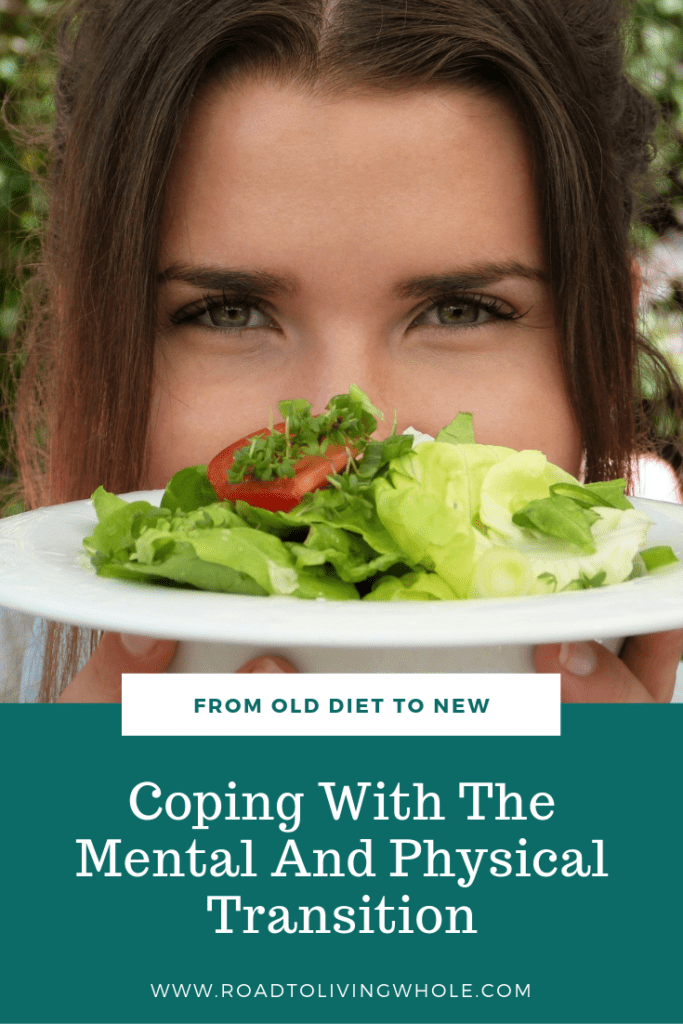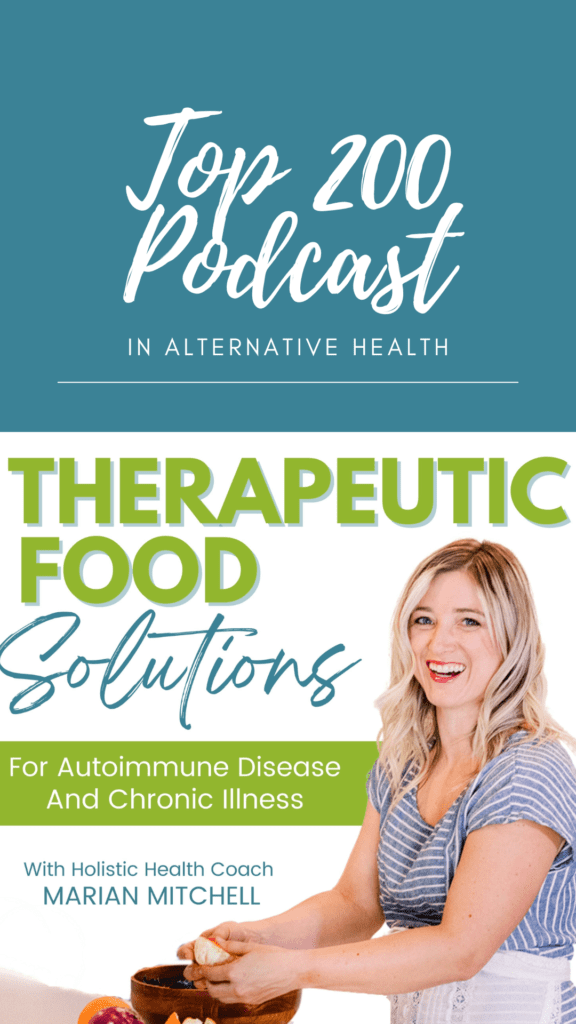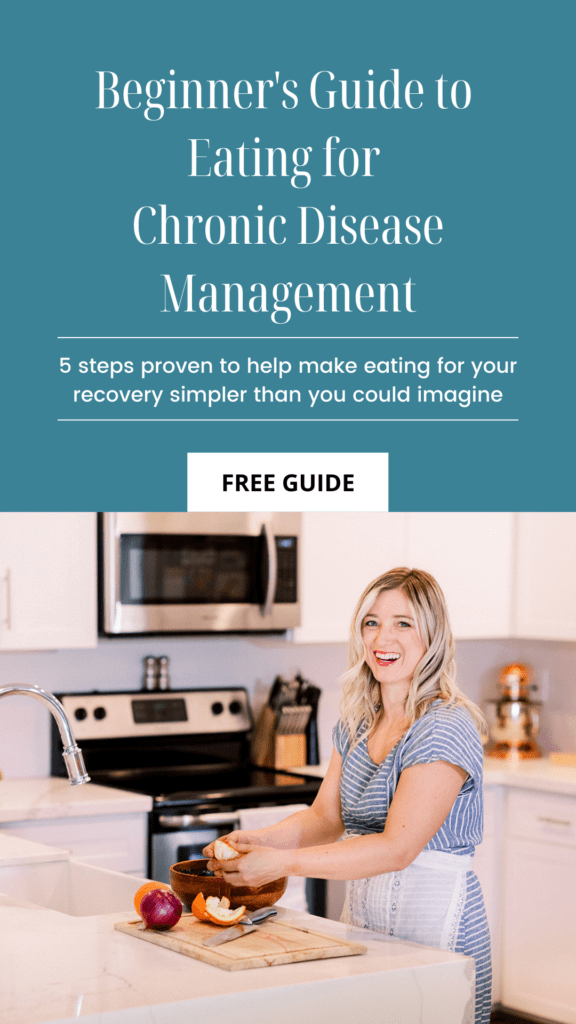While all the manuals talk about the benefits of a changing our diet, like a gluten-free diet or a diet where you are getting rid of sugar once and for all, what people don’t tell you is that the transition can take its toll on our body. It’s a very great idea, in theory, embracing a new diet, but if we’ve been incredibly unhealthy beforehand, we have to be prepared for a lot of changes. This can be very difficult, but what are the best ways to cope with this diet alteration?
Check You’re Not Deficient In Any Key Minerals
Whether you’re making a change to a vegan diet, or Low Carb High Fat (LCHF), or any of those diets that is a complete overhaul to your body, you may very well find that you are naturally deficient in certain vitamins and minerals. What is worth doing at the outset is getting a test, like those provided by Everlywell to see if there are certain minerals or vitamins you lack in. This is especially prudent with regards to a vegan diet, because there are lots of essential vitamins that meat provides, and you won’t be able to get all of the nutrients purely by vegetables and pulses alone. By checking that you’re not deficient in anything, or if you find out that you are, this gives you the perfect starting blocks. After all, if you are well into your new diet, and you are struggling, you don’t want to give up because of certain symptoms that can be easily remedied with a supplement.
Coping With Cravings
 There can be a point where you feel a desire to eat certain foods that were a mainstay of your diet before. This can be the most difficult part of embracing a new diet. And it depends on the diet that you’re doing. With something like the Low Carb High Fat diet, it’s lucky that you can fill up on fat which will leave you feeling sated. The goal is to listen to your body. A lot of people feel that they can’t cope with a new diet because all they eat are salad leaves. Well, it doesn’t take a scientist to tell you that this won’t make you feel full. And this is the key to making a successful transition. Eat until you are full or satisfied.
There can be a point where you feel a desire to eat certain foods that were a mainstay of your diet before. This can be the most difficult part of embracing a new diet. And it depends on the diet that you’re doing. With something like the Low Carb High Fat diet, it’s lucky that you can fill up on fat which will leave you feeling sated. The goal is to listen to your body. A lot of people feel that they can’t cope with a new diet because all they eat are salad leaves. Well, it doesn’t take a scientist to tell you that this won’t make you feel full. And this is the key to making a successful transition. Eat until you are full or satisfied.
Withdrawal Symptoms
You may experience brain fog, dizziness, or just constant hunger. You have to ask yourself if the diet is worth it, but also realize that these symptoms are fleeting. For anybody that’s gone through a fast can tell you that there are so many difficult and challenging aspects that you will go through. But once you come through these feelings and emerge out of the other side, you will have accomplished a great deal in mind and body. And the next time, it becomes easier. And the great thing is, as you have done the hard stuff, and your body will compensate you accordingly. With something like fasting, it’s always the first 24 hours that’s the worst, but once you push through, you feel so much better afterward. It might be worth applying a Stoic philosophy to all of this, because if you are used to eating three meals a day, then you will struggle. And this is the key, that you should tell yourself that you will struggle, but it will be worth it.












